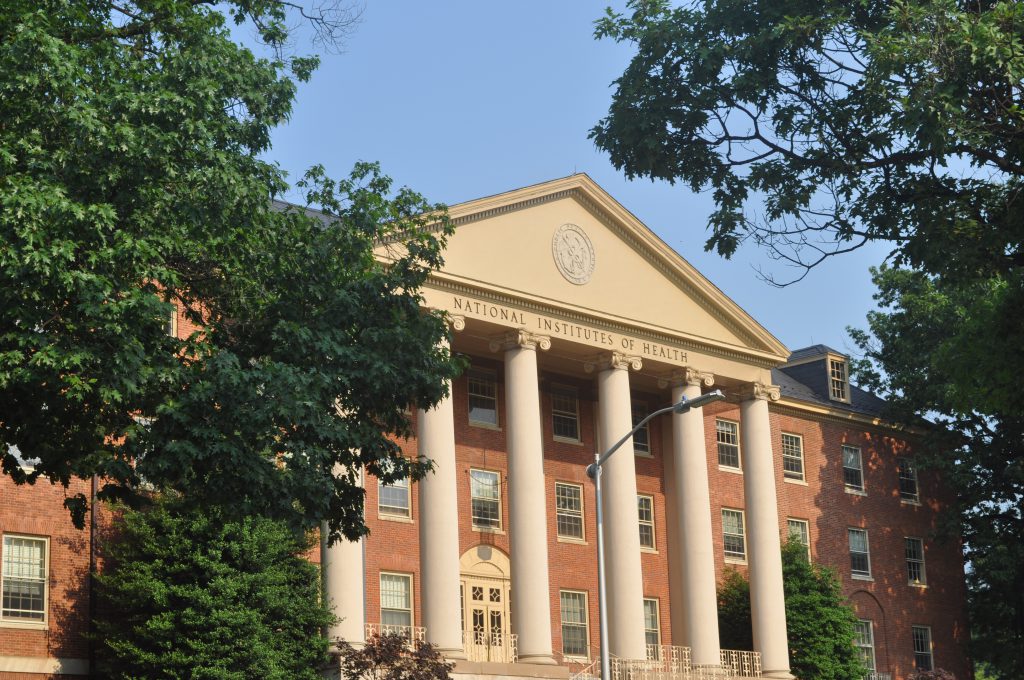NIMH BRAINS Funding Opportunity For Early-Career Scientists
Unique R01 award for innovative new scientists studying mental illness and mental disorders

The National Institute of Mental Health (NIMH) invites psychological scientists and others to apply to its Biobehavioral Research Awards for Innovative New Scientists (BRAINS) program. This opportunity aims to fund early-career scientists who are committed to advancing the mission areas of NIMH, focusing on scientists committed to filling research gaps in the current NIMH Strategic Plan.
BRAINS is a unique R01 research project grant specially targeted at early-career scientists with creative, unusual ideas. Through this program, NIMH seeks to assist individuals in “launching an innovative clinical, translational, basic or services research program that holds the potential to profoundly transform the understanding, diagnosis, treatment, or prevention of mental disorders.” Successful researchers will be ones who can show a long-term commitment to a career in research on the causes, diagnosis, and treatment and prevention of mental illness.
The BRAINS application process is somewhat different than applying to a traditional NIH R01; applicants will need to include a statement of career goals in line with the mission of NIMH. NIMH highly encourages applicants to contact NIMH prior to submitting a proposal to determine if their project meets the mission and goal of BRAINS.
Due dates for this program are June 20, 2020; June 20, 2021; and June 20, 2022. Letters of intent are due 30 days in advance.





APS regularly opens certain online articles for discussion on our website. Effective February 2021, you must be a logged-in APS member to post comments. By posting a comment, you agree to our Community Guidelines and the display of your profile information, including your name and affiliation. Any opinions, findings, conclusions, or recommendations present in article comments are those of the writers and do not necessarily reflect the views of APS or the article’s author. For more information, please see our Community Guidelines.
Please login with your APS account to comment.